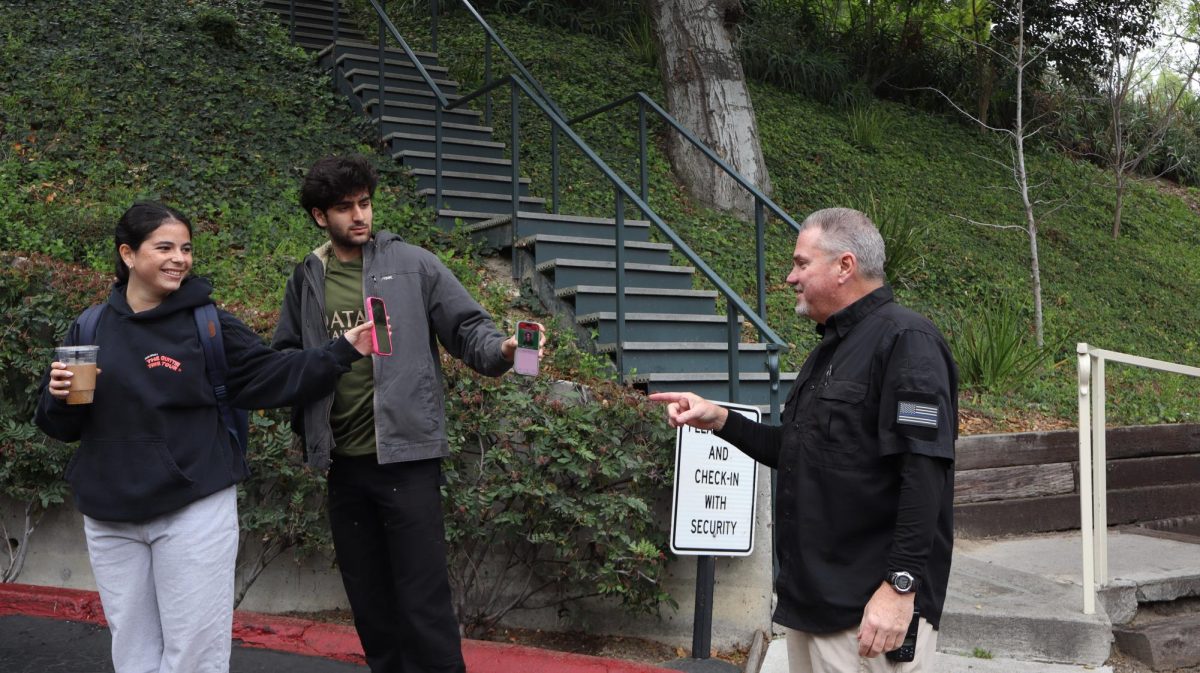American Historian and professor in the department of history at the University of Alabama Joshua Rothman came to speak to history teacher Peter Sheehy’s Advanced Placement United States History classes to discuss his new book, “The Ledger and the Chain,” Dec. 3.
Rothman earned his Bachelor of Arts degree from Cornell University and a PhD at the University of Virginia. He has written four history books regarding slavery and the slave trade in general. He is also the head of the history department at his university.
Rothman discusses the contents of his book
His upcoming book is expected to be released in April of 2021. The book is based on the histories of Isaac Franklin, John Armfield and Rice Ballard, three slave owners who built the most powerful slave trading operations and became hugely rich in the American Slave Trade.
During the webinar, Rothman spent time explaining their stories through a slideshow presentation. Rothman highlighted the atrocities that had to occur in order for them to gain massive amounts of wealth. He used documents, showed photos, advertisements, art and maps to support his claims on the slides.
He spent the second half of the webinar answering questions students gave in the chat, again continuing to explain the cruelty that took place and its effect on today’s society.
Students reflect upon the content of Rothman’s presentation
“The presentation was really interesting to me. It’s definitely something I would have attended voluntarily if it had been optional. I enjoyed learning about important parts of history that aren’t discussed, but I especially enjoyed Professor Rothman’s comments about the relationship between capitalism and cruelty towards the end of the lecture,” Eve Levy ’22 said.
In preparation for this event, Sheehy’s classes read a letter from someone who had visited one of Franklin and Armfield slave prisons. The classes also looked over a couple of articles relating to the American slave trade.
“My intention is to teach the domestic slave trade as a powerful economic system and to examine how forced migrations impacted the lives of the enslaved,” Sheehy said. “I hope to create a research activity that examines enslaved people’s resistance to the domestic slave trade.”




































